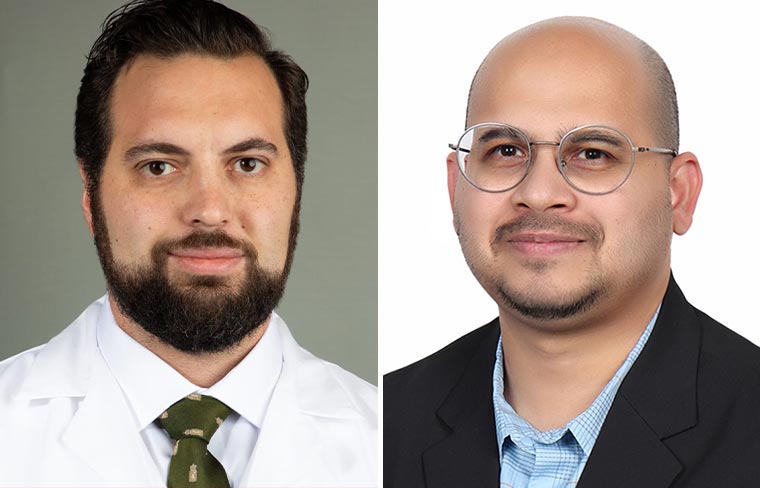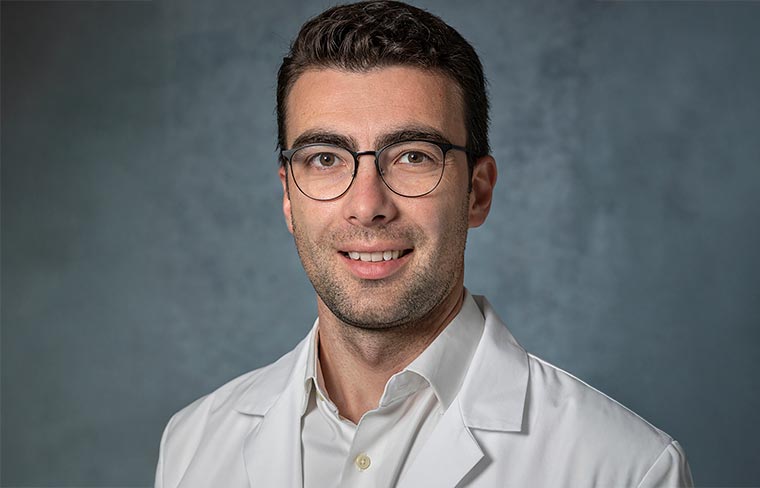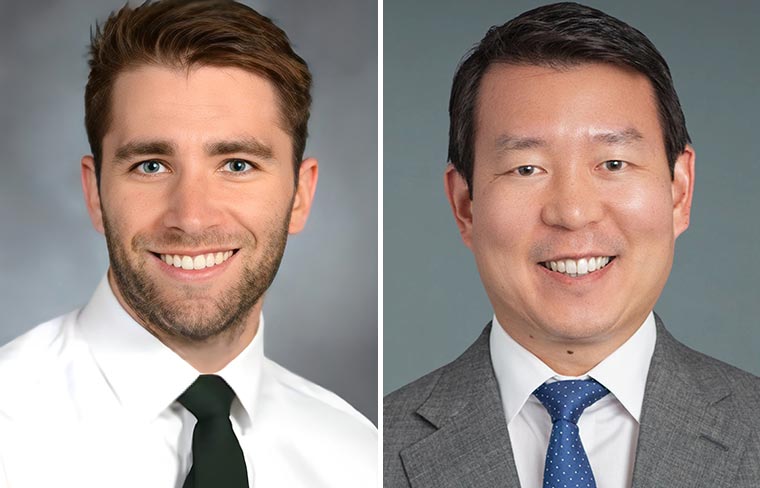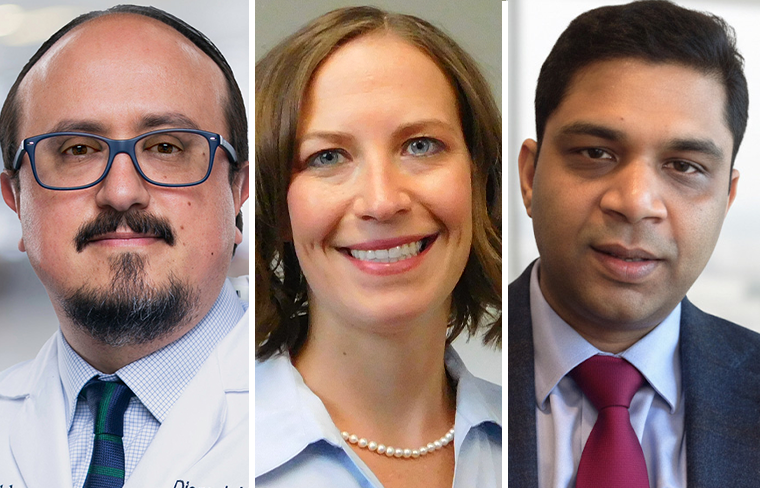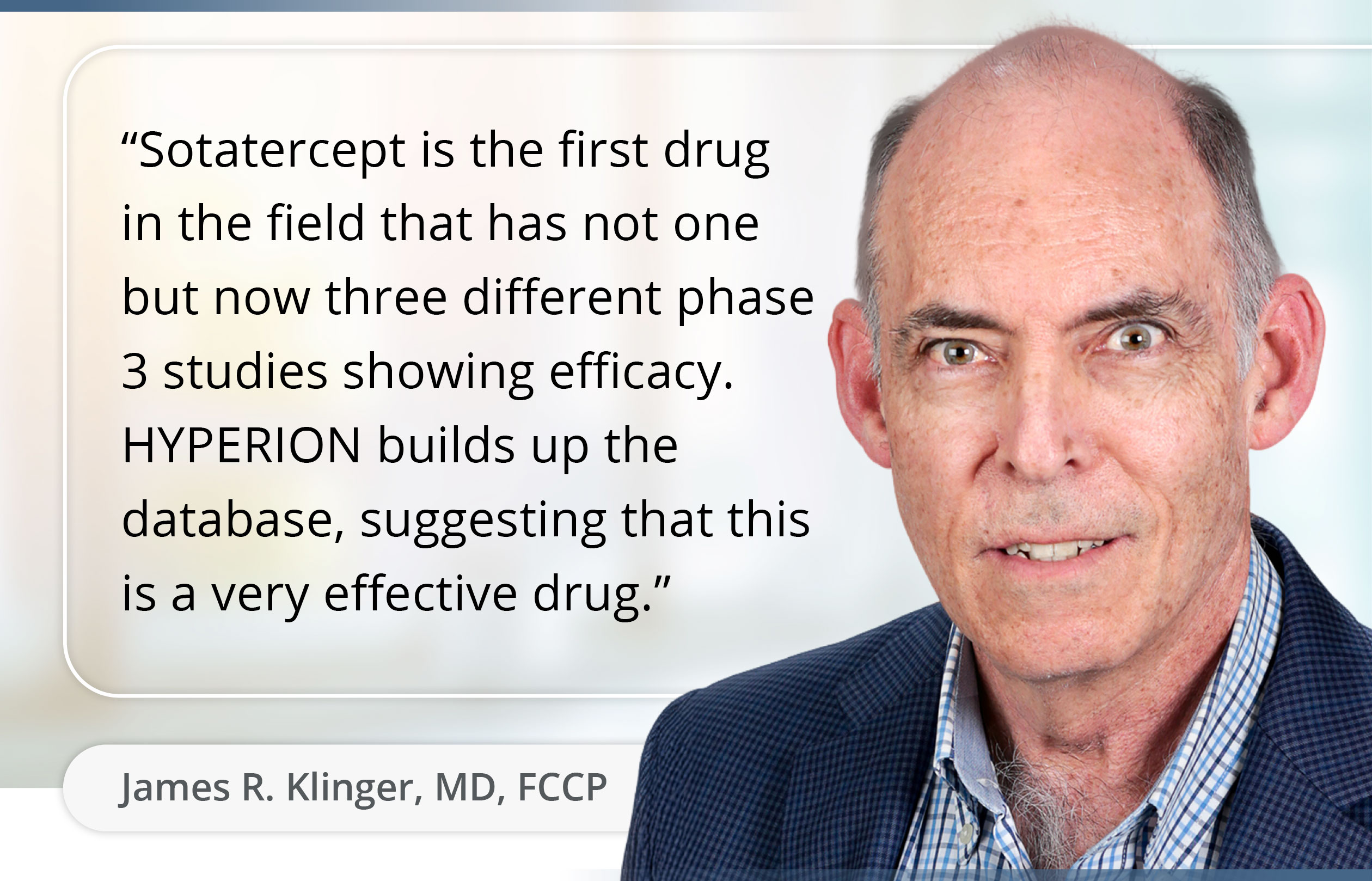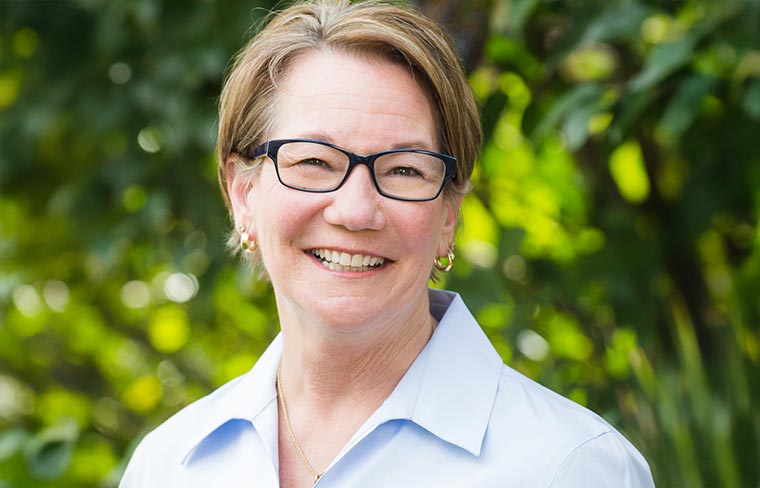CHEST Physician
-
Meet the new Editor in Chief: Diego J. Maselli, MD, FCCP
Diego J. Maselli, MD, FCCP, is the Division Chief of Pulmonary Diseases and Critical Care Medicine and a Professor of Medicine at University of Texas Health at San Antonio.
-
AI applications in pulmonary medicine: From training clinicians to transforming diagnostics and treatment
AI applications in health care are multiplying, and AI-focused research is gaining traction across specialties, including pulmonary, critical care, and sleep medicine.
-
Data show OSA is an independent, modifiable risk factor for cerebral microbleeds
The first prospective, longitudinal study of OSA and cerebral microbleeds (CMBs) found that moderate to severe OSA more than doubles the risk for microbleeds.
-
Targeting capillary refill time identified as superior resuscitation strategy
Yuri Matusov, MD, said recent findings mark a significant step toward an individualized approach for managing septic shock.
-
Trials suggest RSV vaccine reduces hospitalization for cardiorespiratory conditions in older adults
Data from studies in the United States and Denmark add to the growing evidence that respiratory syncytial virus (RSV) vaccination is effective in older adults.
-
CMS releases updated guidance for NIPPV in patients with COPD
Understand the new CMS guidance, which comes after more than a decade of strategic advocacy efforts led by CHEST.
-
Top reads from the CHEST journal portfolio – December 2025
Read new research from the journal portfolio about IL-5-targeted biologic therapies, correct nasogastric tube placement, and the association of hypoxic burden with cardiovascular events.
-
Third trial supports sotatercept to treat PAH
Guidelines expert James R. Klinger, MD, FCCP, said that while the evidence of efficacy is clear, more research is needed to address questions regarding the optimal duration of therapy and the potential for disease progression if therapy is stopped.
-
Study demonstrates strong patient compliance with oral device for OSA
Evidence suggests that an oral device may be an effective alternative for patients who can’t access or tolerate CPAP therapy.
-
The climate cost of inhalers: What prescribers should know
Experts said clinicians must ensure patients have the therapies they need at affordable prices that, ideally, impose minimal amounts of environmental harm.


